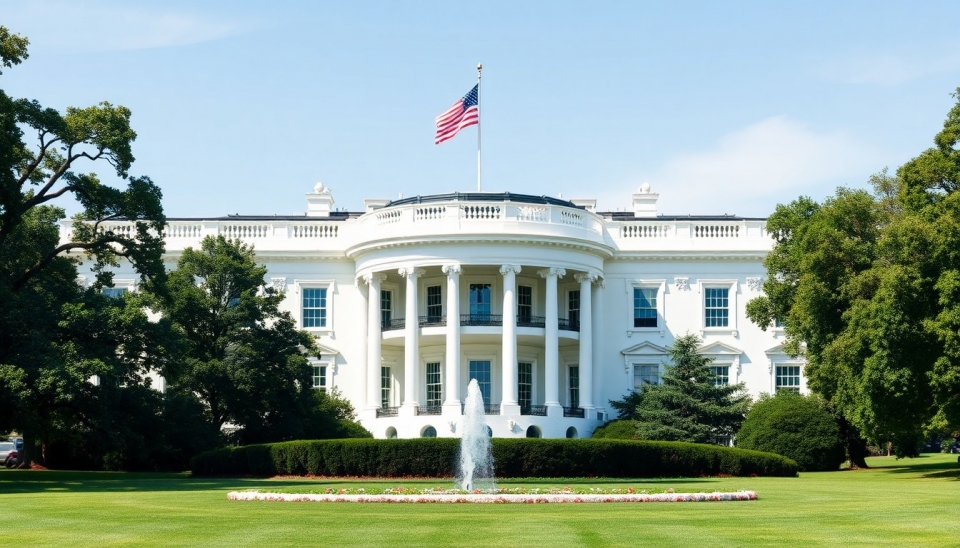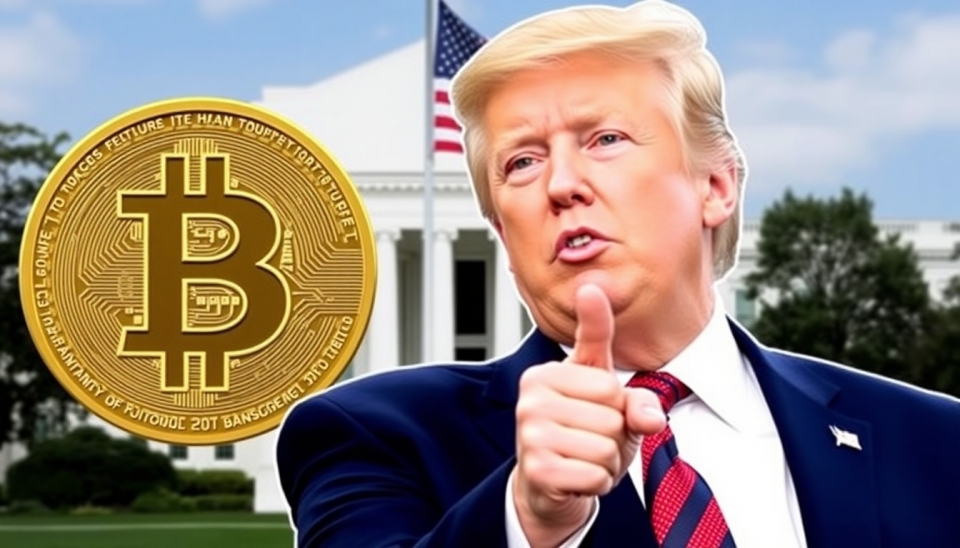
In a significant move reflecting ongoing tensions between political ideologies, former President Donald Trump has officially enacted a bill that prohibits the Internal Revenue Service (IRS) from implementing a controversial tax rule targeting cryptocurrency transactions. This legislation overturns a measure that was strongly backed by the Biden administration, drawing a sharp line in the ongoing debate over the regulation of digital currencies in the United States.
The bill, recently signed into law, aims to provide relief to the growing number of cryptocurrency investors and traders, alleviating fears of stringent tax implications on digital asset transactions. During a brief ceremony at the White House, Trump stated, “This new law will ensure that our innovators, entrepreneurs, and everyday Americans can engage in this revolutionary market without the heavy hand of government stifling their progress.”
Opponents of the original IRS tax rule argued that it would impose undue burdens on crypto holders, requiring them to report any gains or losses from small transactions—sometimes referred to as “de minimis” transactions. This requirement was seen as problematic given the nature of the cryptocurrency market, where numerous small trades often occur on a daily basis. Critics claimed such regulations would discourage investment and complicate tax compliance.
The Biden administration had advocated for these regulations as a means of closing tax loopholes, asserting that the IRS needed greater visibility into cryptocurrency transactions to ensure compliance and fair taxation. Despite the administration’s push, the new law represents a significant setback for these regulatory efforts, with Trump branding them as overly restrictive and detrimental to the innovation driving the U.S. economy.
Certain economic analysts express concern that unwinding these regulations might pave the way for further volatility in the cryptocurrency market. The lack of regulatory oversight, they warn, could lead to an increased risk of fraud and financial instability. Proponents of the measure, however, believe that it will encourage wider adoption of cryptocurrency by creating a more favorable environment for investors.
As this legislative change unfolds, stakeholders across the financial and technological sectors are closely monitoring the implications of this decision. Major cryptocurrency exchanges and companies have largely welcomed the news, viewing it as a victory for the industry. It may signal a shift toward a more lenient regulatory landscape for digital currencies in the future, with potential implications for how other nations approach cryptocurrency tax policies as well.
With the bill's passage, the GOP appears to be positioning itself as a champion for cryptocurrency enthusiasts, hoping to galvanize support among younger voters and tech-savvy constituents ahead of the upcoming elections. In this light, Trump's latest move could represent a strategic gambit within broader efforts to reclaim relevance in a rapidly evolving political and economic climate.
As cryptocurrency continues to search for its place in the global financial system, the implications of Trump's signature on this bill are likely to be felt for some time. Stakeholders will undoubtedly be evaluating how this legislative shift shapes the future of digital asset regulation in the United States and potentially influences global standards.
In conclusion, the recent prohibition on IRS’s proposed crypto tax regulation marks an essential turning point in the political discourse surrounding digital currencies. This development not only reinforces the deepening divide between political parties on economic policy but also paves the way for significant changes in the regulatory landscape affecting millions of Americans involved in cryptocurrency.
Stay tuned as this story continues to develop, and keep an eye on the implications it may have for investors, technology leaders, and the broader economy.
#Trump #Crypto #TaxRegulation #BidenAdministration #Cryptocurrency #IRS #DigitalAssets #Legislation #Finance #Innovation #EconomicClimate
Author: Ethan Hayes




